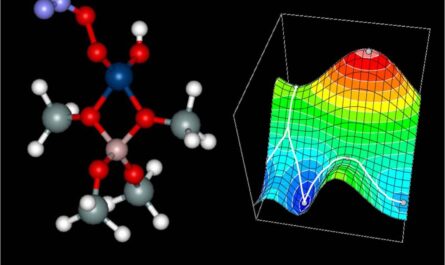A recent study conducted by Uppsala University has confirmed previous research indicating that individuals who have had the herpes simplex virus are twice as likely to develop dementia compared to those who have never been infected. The study, published in the Journal of Alzheimer’s Disease, involved 1,000 70-year-old participants from Uppsala, with the researchers tracking them over a 15-year period.
The study’s findings revealed that individuals who had been infected with the herpes simplex virus at some point in their lives were twice as likely to develop dementia compared to those who had never contracted the virus. The herpes simplex virus is prevalent among adults, with up to 80% of Swedish adults being affected. While the infection is lifelong, symptoms can vary, and many individuals may not experience any symptoms related to the infection.
What makes this study unique is that the participants were approximately the same age, which eliminates the confounding factor of age differences that are typically associated with the development of dementia. Erika Vestin, a medical student at Uppsala University, explains that this aspect of the study enhances the reliability of the results.
Dementia affects 55 million people worldwide, and advanced age and the presence of the apolipoprotein ε4 risk gene are already established risk factors. Previous research has explored the potential link between the herpes simplex virus and dementia, and this study provides further confirmation of this correlation.
Vestin highlights the significance of these findings, stating that they add to the growing body of evidence pointing to the herpes simplex virus as a risk factor for dementia. Based on the study’s conclusions, further investigation is needed to determine whether existing antiviral drugs used to treat the herpes simplex virus can reduce the risk of developing dementia. Additionally, the study suggests the possibility of developing new vaccines as a preventive measure for dementia.
These findings have the potential to advance dementia research by focusing on early-stage treatment using commonly used antiviral drugs for the herpes simplex virus or even preventing the disease altogether. Vestin emphasizes the importance of ongoing research in this area to address dementia at its early stages and potentially provide more effective treatment options.
In conclusion, this study provides further evidence of the link between previous herpes simplex virus infection and the increased risk of developing dementia. The implications of these findings may lead to new approaches in dementia research, including investigating the use of antiviral medications and the development of preventive vaccines. Continued research in this area has the potential to significantly impact the future of dementia prevention and treatment.
*Note:
1. Source: Coherent Market Insights, Public sources, Desk research
2. We have leveraged AI tools to mine information and compile it



